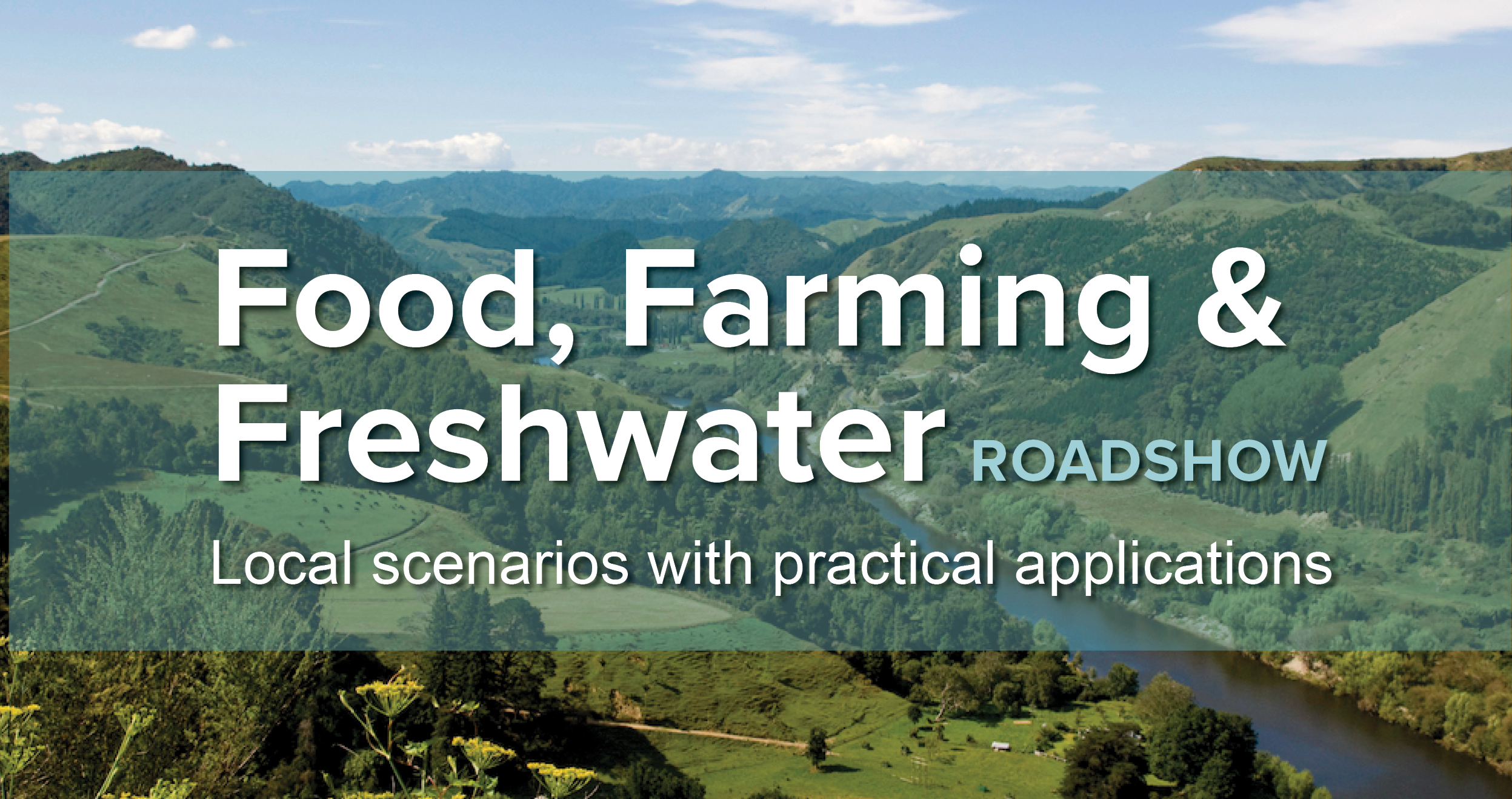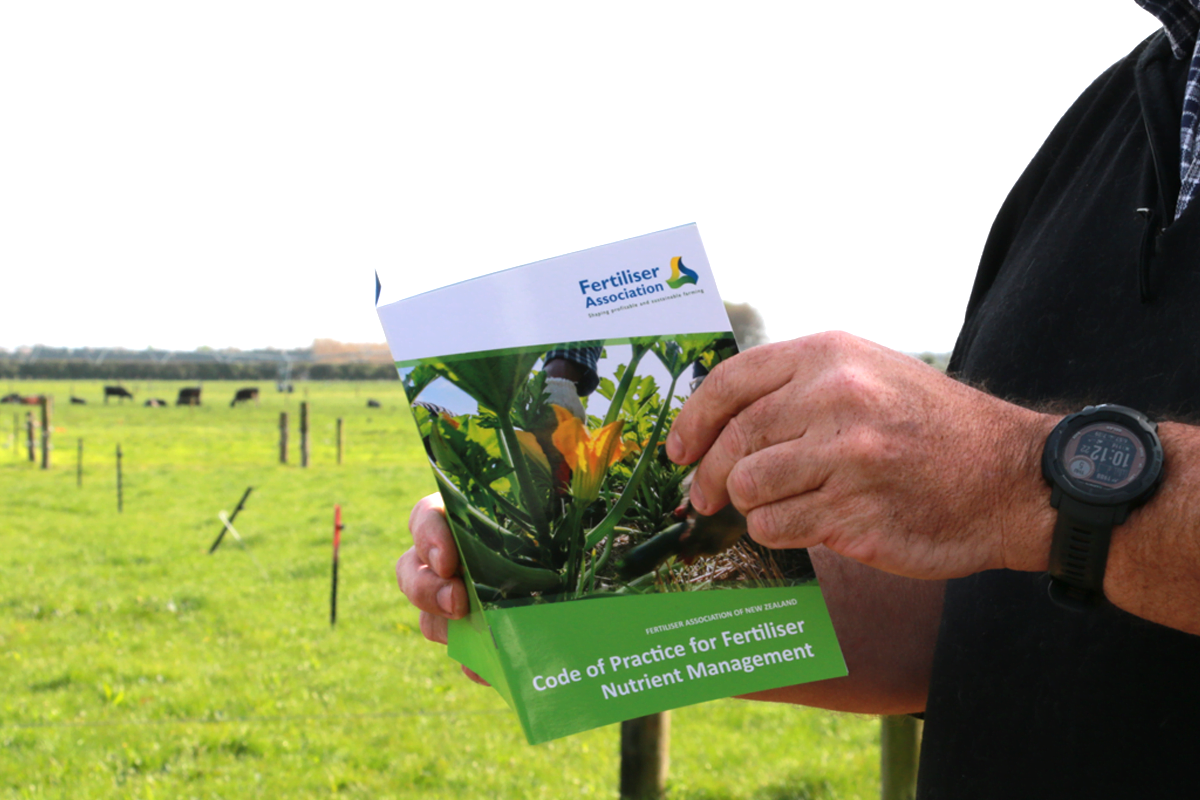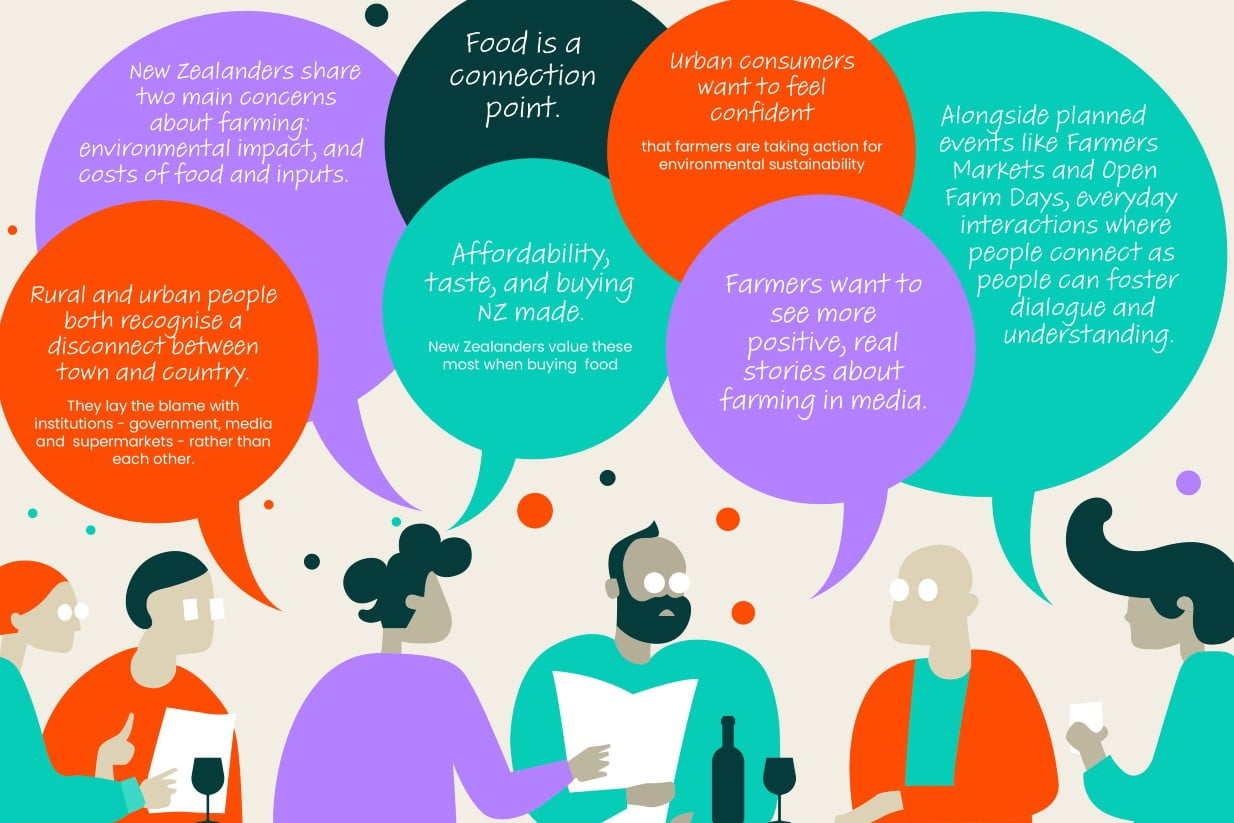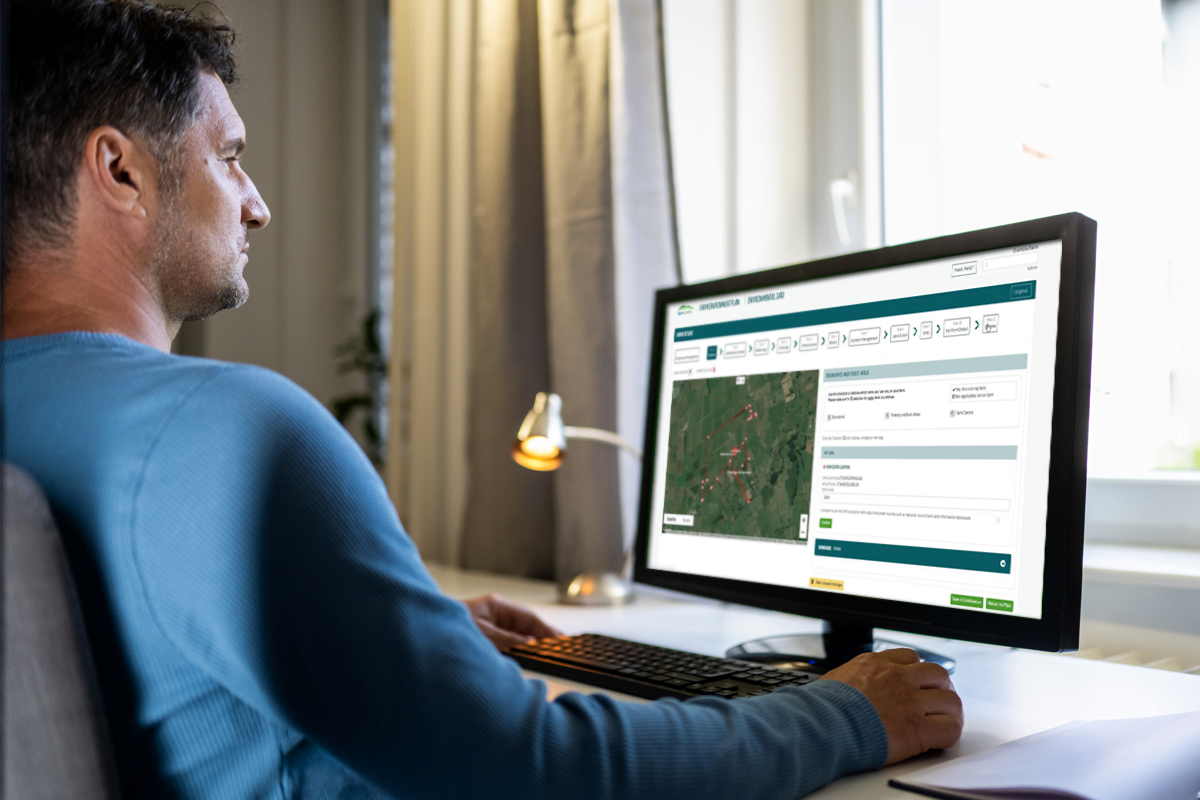Influencing Catchment Group Capability Development Funding from Government
Catchment group research has influenced and supported over $32 million of capability funding to grow the skills and knowledge of people with leadership roles in catchment groups.
Catchment group research has influenced and supported over $32 million of capability funding to grow the skills and knowledge of people with leadership roles in catchment groups. Allocated by the Ministries for the Environment and Primary Industries, this funding will increase the effectiveness of catchment group action to improve freshwater quality, aligning with the Our Land and Water objective and Essential Freshwater policy reforms.
Restoring freshwater quality requires coordinated action in catchments. Catchment groups have proliferated around Aotearoa as communities address local environment health challenges. The New Models of Collective Responsibility research programme worked with community leaders in case study catchments in Southland (Pourakino), Marlborough (Pelorus), Hawkes Bay (Mangaone), and Northland (Waitangi), to accelerate collective actions to benefit water, land and people.
Identifying support needs for catchment groups was a pivotal issue for the research. A key finding was to highlight some disparities between group actions and government expectations. The research produced 30 practical recommendations for government (including financial support for group coordination roles) and catchment groups (including the need to focus on freshwater outcomes).
A policy advisory group was first convened in September 2020 by the research team, led by Jim Sinner (senior scientist, Cawthron Institute), to ensure the research produced realistic, implementable recommendations for supporting catchment collectives. This policy group met six times during the research, bringing together representatives from MfE, MPI, a Māori land trust, NZ Landcare Trust, Beef + Lamb NZ, Dairy NZ, Fish and Game, the Department of Conservation, Hawkes’ Bay Regional Council, and Environment Southland.
Policy group member Alice Bradley, principal advisor for investment at MfE, reports that a key research impact was to influence and support investment decisions made by government in November 2021.
“Government was trying to understand what catchment groups might be able to achieve, and how best to support them,” said Ms Bradley. “Objective evidence was urgently needed to support any government investment in catchment groups, and the OLW research programme – even though it was quite early in its research – provided foundational insight and demonstrated there was evidence coming.”
Government decisions needed to be made before the research was complete, so MfE commissioned the research team to conduct a catchment group survey and produce a report (Catchment and Community Environment Groups in Aotearoa New Zealand: Goals, Activities and Needs) drawing on the Our Land and Water-funded research.
Ms Bradley says the policy group discussions also provided valuable insights, connected MfE to a wide cross-section of stakeholders, and built trust in the research. Ms Bradley also met with the research team additionally, at least monthly.
Information from the research and policy group insights were channelled into a November 2021 Cabinet Paper (BRF 915) on the Jobs for Nature programme, resulting in approval for substantial government investment in catchment groups under the Essential Freshwater Fund from the six sustainable land-use Ministers (representing portfolios for environment, primary industries, conservation, economic development, climate change, local government, biosecurity, forestry, and land information).
MfE developed a detailed programme of work for this investment, with the Our Land and Water-funded research shaping three programmes:
- Wai Connection, offering tailored support, resources and expertise to help catchment groups solve issues, and promote collaboration ($18m via Mountains to Sea Conservation Trust);
- Resource manager support to build capability and gain qualifications to meet regional needs of councils, catchment groups and farmers ($1.34m via NZARM); and
- Aotearoa Catchment Extension (ACE) to improve the catchment group leader and co-ordinator capability ($2.96m via NZ Landcare Trust).
Our Land and Water is now supporting the NZARM and ACE projects with the development of learning resources based on findings from a range of research.
MPI also directed a $10m Essential Freshwater Fund into catchment group capability-building programmes.
MPI had funded catchment groups for four years within its extension services programme, with projects due to finish by June 2023. This research gave strength to arguments for additional funding to support catchment groups, says Janet Gregory, MPI extension specialist and a policy advisory group member. “The work that Jim and team were doing reinforced and supported the thinking behind our funding to support catchment groups and added credibility to support MPI extending our funding programme,” says Ms Gregory.
The unique contribution of Our Land and Water as funder was its requirement for a wide range of stakeholders to be engaged in the research. This supported the creation of the policy advisory group nurtured throughout the research, a collaboration Ms Bradley says MfE found valuable and wouldn’t have seen otherwise.
This article was originally submitted to MBIE as an impact case study as part of Our Land and Water's 2022–23 annual reporting.
More information:
- New Models of Collective Responsibility research programme
- Where next for catchment groups? – a guidance report
- Catchment and Community Environment Groups in Aotearoa New Zealand: Goals, Activities and Needs (report for MfE)
Author
 View Our Strategy Document 2019 – 2024
View Our Strategy Document 2019 – 2024




Leave a Reply